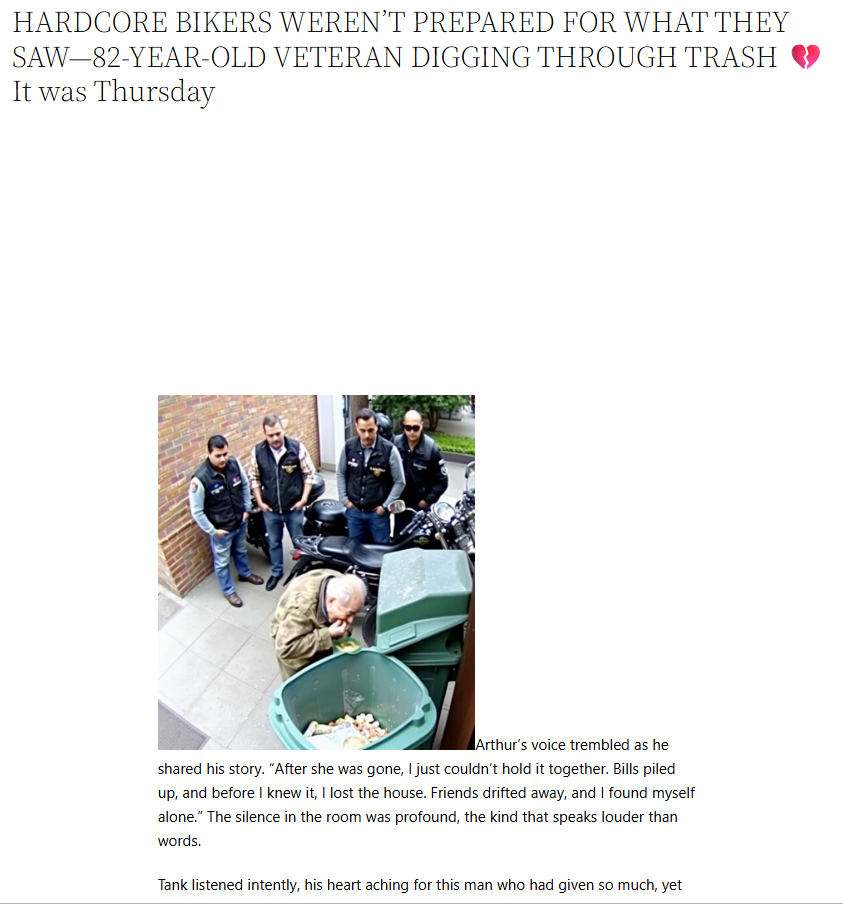Zinc is one of the most essential trace minerals in the human body, playing a crucial role in countless biological functions. Although required in small amounts, its impact on health is profound—especially when it comes to wound healing and immune system regulation. From cellular growth to tissue regeneration and defense against infection, zinc is a silent worker that keeps the body’s recovery and protection systems functioning efficiently.
In this article, we’ll explore how zinc contributes to wound repair, supports immune balance, what happens when zinc levels drop, and how you can ensure your body gets enough of this vital nutrient.




Understanding Zinc and Its Biological Importance
Zinc is present in every cell of the body and serves as a cofactor for over 300 enzymes. These enzymes are responsible for a wide range of processes, including DNA synthesis, protein production, and cell division—all of which are essential for tissue repair and immune defense.
Unlike some nutrients, zinc cannot be stored in large amounts, so a consistent dietary intake is necessary. The body tightly regulates zinc levels, as both deficiency and excess can interfere with cellular functions.
How Zinc Supports Wound Repair
1. Cell Proliferation and Tissue Growth
When an injury occurs, the body immediately begins the process of rebuilding tissue. Zinc is a critical player during this stage because it promotes cell proliferation—the multiplication of new cells needed to replace damaged ones. It helps fibroblasts (cells that form connective tissue) produce collagen, the protein that provides structure and strength to healing tissues.
A deficiency in zinc can significantly delay wound closure, leading to prolonged healing times and an increased risk of infection.
2. Collagen Synthesis and Cross-Linking
Collagen is the main structural protein in the skin, tendons, and connective tissues. Zinc aids in the production of collagen by acting as a cofactor for enzymes involved in its synthesis. Moreover, it contributes to collagen cross-linking, which ensures the repaired tissue is strong and resilient.
Without sufficient zinc, new tissue may be weaker, and scars can form improperly.
3. Inflammation Control
Inflammation is a natural part of the healing process. It helps clear damaged cells and pathogens from the wound site. However, prolonged or excessive inflammation can hinder recovery. Zinc helps maintain a balanced inflammatory response by modulating cytokine production (chemical messengers that control inflammation).
Zinc deficiency can lead to exaggerated inflammatory responses, causing swelling, redness, and delayed healing.
4. Antioxidant Defense
Zinc also acts as an antioxidant, protecting cells from oxidative stress caused by free radicals. During wound repair, oxidative stress can increase due to heightened metabolic activity and immune responses. Zinc supports enzymes like superoxide dismutase, which neutralizes free radicals and prevents tissue damage.
This antioxidant action ensures that healing tissues are not compromised by oxidative injury.
5. Epithelialization
Epithelialization is the final stage of wound healing, where new skin cells form over the wound to restore the protective barrier. Zinc accelerates this process by supporting keratinocyte migration—the movement of skin cells to cover the wound. Adequate zinc levels ensure that wounds close faster and more effectively.
Zinc’s Role in Immune Balance
1. Immune Cell Development and Function
Zinc is essential for the normal development and activation of immune cells such as T cells, B cells, and macrophages. These cells form the core of the body’s defense system.
For example, zinc supports thymulin, a hormone necessary for T-cell function. When zinc levels drop, T-cell activity declines, making the body more vulnerable to infections.
2. Regulation of Immune Responses
A balanced immune system requires fine-tuned regulation—enough activity to fight pathogens but not so much that it triggers chronic inflammation or autoimmunity. Zinc helps maintain this balance by influencing cytokine production and signaling pathways.
It prevents excessive immune activation that could harm healthy tissues while ensuring an effective response to infections and injuries.
3. Barrier Function and Antimicrobial Defense
The skin and mucous membranes serve as the body’s first line of defense. Zinc strengthens these barriers by promoting the formation of tight junctions between epithelial cells. It also supports the production of antimicrobial peptides—small proteins that kill bacteria and viruses before they can cause harm.
4. Antiviral and Antibacterial Properties
Research has shown that zinc can directly inhibit the replication of several viruses and suppress bacterial growth. This property explains why zinc is often used in lozenges and nasal sprays to reduce the duration of common colds and other infections.
Consequences of Zinc Deficiency
A lack of zinc can disrupt both wound healing and immune function. Common signs of deficiency include:
- Delayed wound healing
- Frequent infections
- Skin lesions or rashes
- Hair loss
- Loss of appetite and impaired taste
- Fatigue and cognitive difficulties
In severe cases, zinc deficiency can lead to immune dysfunction, chronic inflammation, and even impaired growth in children.
Certain groups are more at risk, including:
- Elderly individuals (reduced absorption and dietary intake)
- Vegetarians and vegans (plant-based diets contain phytates that block zinc absorption)
- People with digestive disorders (like Crohn’s disease or celiac disease)
- Pregnant and breastfeeding women (higher zinc requirements)
- Patients recovering from surgery or severe burns (increased need for tissue repair)
Dietary Sources of Zinc
The body cannot synthesize zinc, so it must come from the diet. The best sources include:
- Red meat and poultry – Beef, lamb, and chicken are highly bioavailable sources.
- Seafood – Especially oysters, crab, and shrimp, which are among the richest natural sources.
- Nuts and seeds – Pumpkin seeds, cashews, and almonds provide moderate amounts.
- Legumes – Lentils, chickpeas, and beans contain zinc, though absorption can be reduced by phytates.
- Whole grains and fortified cereals – Useful for vegetarians when combined with vitamin C-rich foods to improve absorption.
For those unable to meet their needs through diet alone, zinc supplements can be beneficial—but they should be used cautiously to avoid excessive intake.
Recommended Daily Intake
The recommended daily allowance (RDA) for zinc varies depending on age, sex, and physiological state:
- Adult men: 11 mg/day
- Adult women: 8 mg/day
- Pregnant women: 11 mg/day
- Breastfeeding women: 12 mg/day
Exceeding 40 mg per day (the upper limit) can cause side effects such as nausea, vomiting, and interference with copper absorption, which may lead to anemia over time.
Zinc Supplementation and Wound Care
In clinical settings, zinc supplements are often used to support wound healing, particularly in patients with chronic ulcers, burns, or surgical wounds. Topical zinc preparations—such as zinc oxide creams—also help by protecting the wound surface, reducing bacterial growth, and promoting epithelial regeneration.
However, supplementation should always be guided by medical advice, as unnecessary high doses can disrupt mineral balance.
Maintaining Immune Balance with Zinc
To maintain immune balance, zinc must be available in optimal amounts—not too low and not too high. Consistent intake from varied dietary sources is the best approach. Combining zinc with other nutrients like vitamin C, vitamin A, and protein further enhances immune resilience and tissue repair.
Regular exercise, stress management, and proper hydration also play a role in maintaining immune equilibrium, complementing zinc’s effects.
Conclusion
Zinc is far more than a simple trace mineral—it is a cornerstone of health, essential for wound repair, immune regulation, and cellular vitality. Its ability to promote tissue regeneration, modulate inflammation, and support immune defense makes it indispensable for recovery and protection against disease.
Ensuring an adequate intake of zinc through diet or supplementation, when necessary, can make a significant difference in how quickly wounds heal and how well the body resists infection. In the delicate balance between injury and recovery, deficiency and wellness, zinc stands as one of the body’s most powerful allies.



